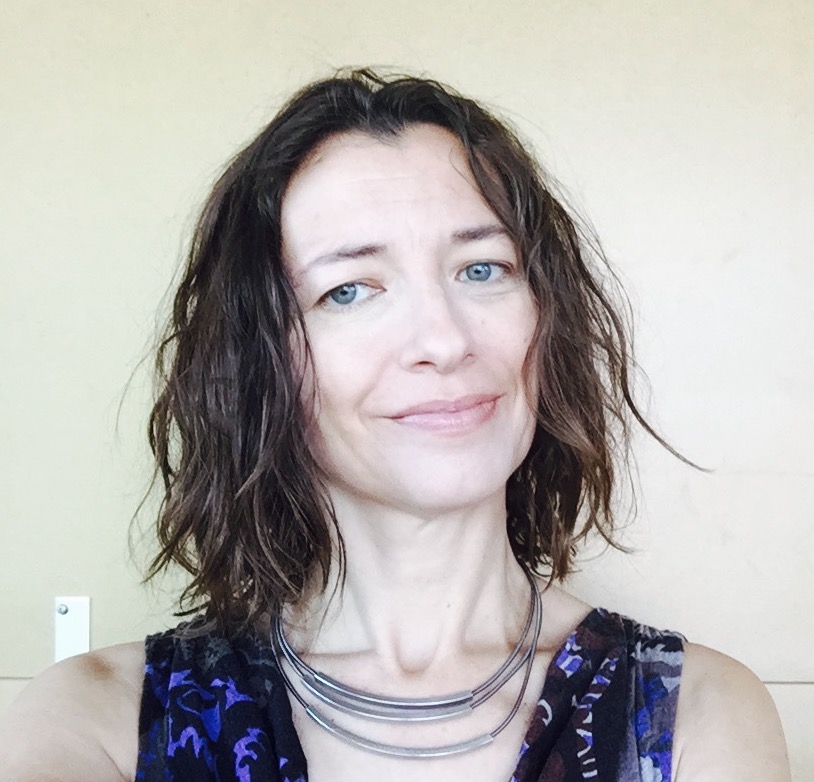Interview conducted by Adrineh Der-Boghossian.
A career as an editor is often a solo adventure, especially if you’re a freelancer. So we thought one way to better connect with fellow editors was to ask them the Five Ws: who, what, where, when, and why. Read on for some thought-provoking, enlightening tidbits from those of us who choose to work with words to earn our keep.

Please tell us a little about yourself, the kind of work you do (and where you live), and how long you’ve been an editor.
I got my start in journalism over 30 years ago, working in the newsroom of my local radio station, but I somehow ended up in editing. I live in Ottawa, and my work is varied. I write, edit, and teach for the federal government, NGOs, and academic organizations.
Who: If you could edit one famous author, living or dead, who would it be?
Do they have to be famous? If not, then George Gissing. He’s my favourite author. He was a feminist before the word gained currency, and he wrote in a much sparser prose than his contemporaries. In reality, I don’t edit fiction because then it would be work and would take the joy out of reading for me, I think. I’d be curious to hear what fiction editors think of my theory. Can you turn a personal passion into a rewarding career without ruining things?
What: Do you have a favourite punctuation mark and/or a favourite word?
I don’t have a favourite punctuation mark, but I think that em dashes are overused. Often, a colon, a comma, or parentheses will suffice. My favourite word is heuristics. I love how it means a shortcut for thinking, and the very word itself is a shortcut to thinking about a shortcut to thinking. But as a plain language editor, I can’t use it. So it’s just my own guilty pleasure.
Where: If you could work anywhere in the world as an editor, where would that be?
Stockholm. Not that it’s a hotbed of publishing, but I just love the city. I’ve been there four times in the last five years. I would work remotely for my current clients. I’m currently studying Swedish.
When: Was there ever a time in your life when you seriously questioned your career choice?
No. I can’t imagine not working with words (and numbers and images). Maybe this is because I don’t want to get good at doing something else? Or can’t?
Why: Why did you choose to become an editor? Or, should we ask: Why did editing choose you?
I found that writing jobs were harder to come by and required a lot of hustle to get. Editing seemed steadier and saner. The career counselling questionnaire I filled out in high school told me I should be a journalist, so that’s what I did. I didn’t know you could earn money working with words in other ways. But I wouldn’t trade my journalism education and experience for anything. I think that background has made me a better editor. For one thing, writing for radio made the transition to plain language fairly easy.
And, of course, we just had to ask the inevitable how: How would you sum up your motto?
In life, my motto is, “Quit yer yappin’ and make it happen.” In work, my motto is, “Be reasonable.” I don’t like it when editors are pedantic about everything. I can be flexible when the situation requires. As long as you’re consistent and correct, I’m good.
Adrineh Der-Boghossian is a Toronto-based freelance copy editor, proofreader, and translator. Formerly the editor-in-chief of BoldFace, she is now the proofreader of The Editors’ Weekly.
This article was copy edited by Sreyoshi Bose Datta.

I think it’s a real shame that a person who works with words has a favorite word that she feels she can’t use. I understand the purpose of the plain language movement in legal and medical documents and the like. They are very esoteric and misunderstanding them can cause real problems for the average joe, but in general, making a word “off limits” is kinda ridiculous. Why are we dumbing down the language? Why not encourage people to learn new words? That’s what I did. I looked up both heuristic and heuristics and I learned something new. I love new words, big words, dying words. I don’t want to reduce language to the least common denominator. If we don’t use certain words, they die. I get that languages change and that some words die a natural death (and sometimes rebound decades or even centuries later) but refusing to use a word because someone somewhere might not understand the word feels extreme. It reminds me of calling certain foods “bad foods” and making them forbidden, a dieting strategy nutritionists have discouraged; instead, they encourage moderation. I hope the editor will at least use heuristic in moderation.
LikeLike